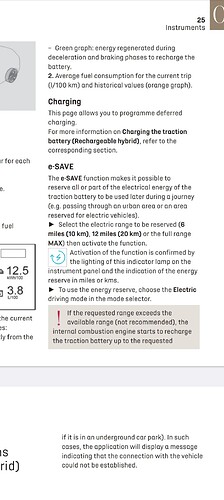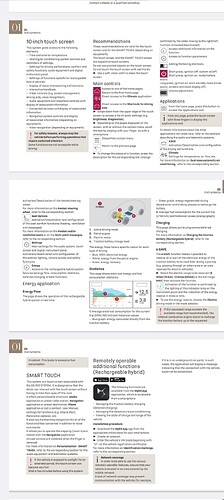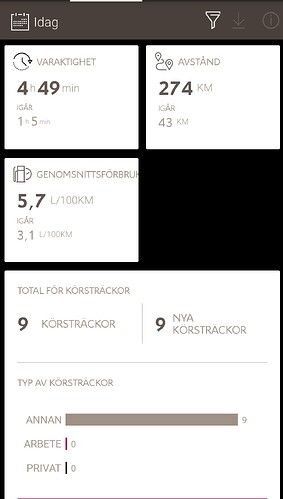Ds4 performance line + etense here.
Hybrid car should be choosen based on your needs.
I work 13 km away from home, so, on daily basis, my petrol engine is never used. 0.13 €/kW right now (pending upgrading home to sun energy as I live in Spain, then it will be almost free all year long) 20-24 kW/100 km now on winter using heating, including pre-conditioning as I work at night short and it is a pleasure to get in the car at 6:00 being warm.
Ok weekends, usual travel distance is 200 km away, so using hybrid mode is the right choice and I get nice figures (4 to 6 l/100 km) even I am not driving on highway as a nanny all the time, hehe…
For longer journeys, few times per year, i have same petrol engine as you, but car IS heavier, so fuel performance should be worse than tours, but, who cares, I have a big smile on mi face listening engine revving while the rest of the year is cheaper than previous cars (Grandland Puretech 1.2, 8.4 l/100km after 35000km and Zafira 2.0 cdti, 6.5l/100km after 260000km).
I think you are asking how can battery can be used.
Car always starts in electric mode (unless exterior conditions are too cold or i service battery is low or whatever then car considere, then starts petrol engine also, but it is not usual, at least for me)
There is a selector, four choices in my case:
Electric
Comfort
Hybrid
Sport
Comfort an hybrid are the same but comfort uses camera to scan the road and adjust suspension (I hate this mode as it makes me think I am on a boat, i prefer dry and stiff suspension)
Both modes use electric and petrol engine on order to lower consumption.
Sport is, as you should think, both engines looking for performance.
There is an option to save battery to use it when you consider (downtown with restrictions?), in this screen, you can set battery reserve to máximum and electric engine Will not be used at all. If your battery is not at 100% of charge, petrol engine will be used to charge it.
So, after all this info, and excusing myself for my english, in order to consider if etense IS the right option, you have to analyze what are you going to use the car for, there are not unique figures to determinate if it is the right choice.
Keep in contact for any additional question.


